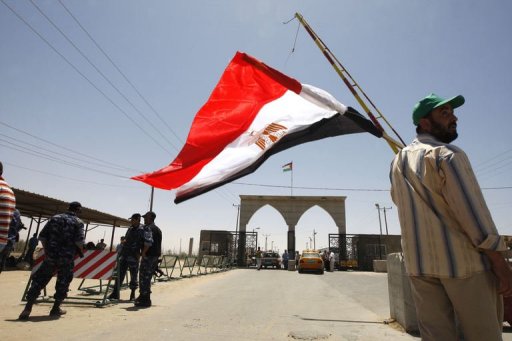Following publication of her much praised German translation of “The Thousand and One Nights, translator and musician Claudia Ott has turned her attention to the poetry of the Middle East in “Gold on Lapis Lazul, an anthology of 100 poems from three millennia of Middle Eastern love poetry.
Qantara.de talked to Ott about the beauty and diversity of poetry from this region.
Common Grounds: Your latest publication is an anthology of poetry, “Gold on Lapis Lazuli. Where did the idea for this book come from?
Claudia Ott: First of all, for me, it was the many poems in “The Thousand and One Nights that constituted the heart of the text.
Despite all the excitement of the stories, it is the magic of the poetry that really attracts and holds the listeners and readers, particularly in the original Arabic text.
I have long wanted to publish something that would do justice to the beauty of the poetry, considered so important in the East, particularly something on the genre of love poetry which is, after all, one of the central themes of poetry in all cultures – Middle Eastern poetry especially. One could almost say that the language of love is the language of the Middle East.
Second, I was commissioned to write “Gold on Lapis Lazuli – The 100 Most Beautiful Oriental Love Poems by the publisher C.H. Beck as part of “The 100 Most Beautiful. series. The series includes titles such as “Mankind s 100 Most Beautiful Prayers and “The 100 Most Popular German Poems.
The title, “Gold on Lapis Lazuli, by the way, comes from an Andalusian-Arab poem which describes the twinkling of stars in a dark blue sky. The metaphor also appears in ancient Egyptian love poetry and again, of course, in the “The Thousand and One Nights.
What criteria did you use to select the 100 most beautiful oriental poems?
Each of the 14 themed sections contains a selection of poems from all periods. Of course, it is still a subjective selection. Some of the poems became important to me personally during the course of my studies, or in the years I spent in the Middle East, while others are connected with personal encounters and experiences. And some are there just because I like them. Then there are poems that just had to be included, because they are too well known to be left out of such an anthology.
I chose poems from seven different languages, so not all of them were translated by me. Only a few of them are by me, in fact. My main contribution is a short history of the translations and adaptations from eastern languages that have been done by writers such as Martin Luther, Johann Wolfgang von Goethe, Friedrich Rückert or Annemarie Schimmel, to more recent works by the likes of Kurdish poet Adel Karasholi and Turkish poet and essayist Zafer Senocak.
In spite of the level of interest, the number of translations of Arabic literature into German is still relatively small. Why is this and how can this situation be rectified?
Unfortunately, political books currently dominate the market and people s perceptions of the modern Middle East. There are many more books published about the Middle East than there are translations of Arabic (or Persian, Turkish, Afghan, etc.) literature. Something similar can be observed with regard to the kind of interest that is given to literature.
While we will read a book in English, French or Russian because we want to read a good book, we tend to read books from Arab countries because we want to find out something about the Arab world.
Why this is so, I cannot say, but it certainly cannot be entirely divorced from the politically charged situation in the Middle East. What I would like to see is Arab literature attracting many more literary readers. It certainly deserves greater recognition.
What sort of a role would you say literary translation has in helping to bring cultures together?
A crucial one. The importance of translators and their work for the dialogue between literatures was something that was made clear to us at a writers forum in Dubai last year. A great deal has been and continues to be said on this matter.
Translation requires the existence of a real, cooperative relationship and mutual interest between those involved. Unfortunately, however, we still too often encounter a complacent and rather arrogant attitude on the part of the prevailing European literary establishment. The training of literary translators in Eastern languages is certainly something that needs to be intensified and expanded. There are still far too few of them around.
Mohamed Massad is a freelance writer for Qantara.de. Dr Claudia Ott is assistant professor at the Institute for Non-European Languages and Cultures of the University of Erlangen-Nuremberg. This abridged article is distributed by the Common Ground News Service (CGNews) with permission from Qantara.de. The full text can be found at www.qantara.de.
